Anthropology in Action
Volume 21, Issue 1
This is a special issue on Applied and Social Anthropology, Arts and Health.
Asia Pacific World
Volume 5, Issue 1
In this first issue of Volume 5, we have chosen to begin with two keynote presentations from the fourth IAAPS Annual Conference.
Contributions to the History of Concepts
Volume 9, Issue 1
This issue focuses on conceptual changes and political struggles around citizenship related to the challenges of Europeanization, as well as both migration and immigration after WWII.
German Politics & Society
Volume 32, Issue 2
This special issue is titled The 2013 Bundestag Election (Part 1).
Journeys
Volume 15, Issue 1
This journal explores travel as a practice and travel writing as a genre, reflecting the rich diversity of travel and journeys as social and cultural practices as well as their significance as metaphorical processes.
Learning and Teaching
Volume 7, Issue 1
This special issue is titled Collusion, Complicity and Resistance: Theorising Academics, the University and the Neoliberal Marketplace.
Social Analysis
Volume 58, Issue 2
This journal encourages contributions that break away from the disciplinary bounds of anthropology and suggest innovative ways of challenging hegemonic paradigms through analysis based in original empirical research.

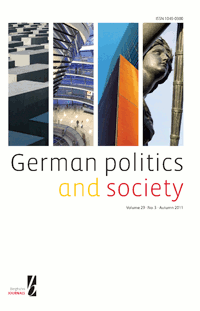
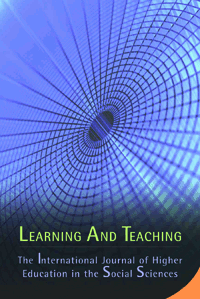



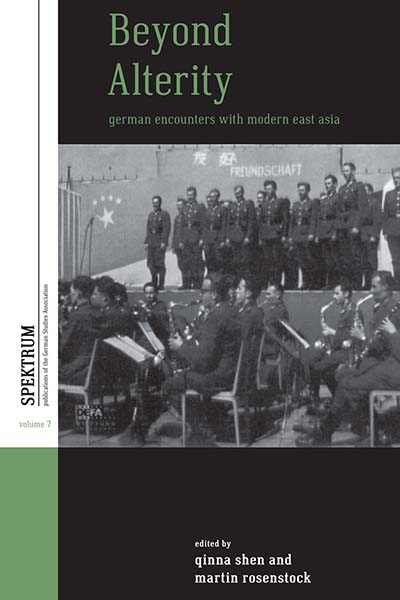
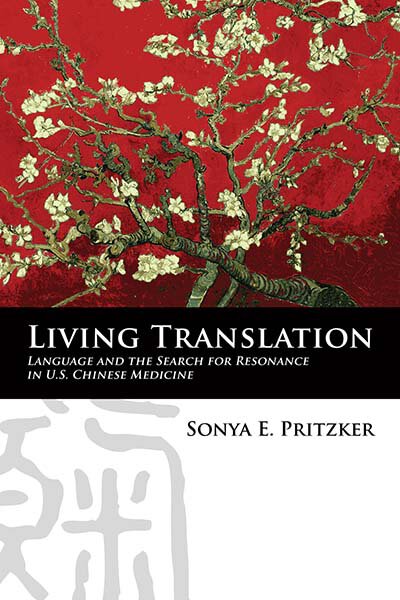
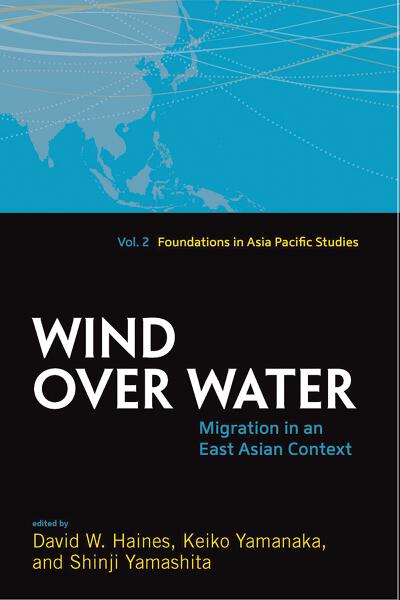 Wind over Water grew out of a concern to see East Asia – and East Asian scholars – better represented in the literature on contemporary human migration. Perhaps its most important purpose has been to show the full range and import of migration in East Asia rather than attempt any particular theoretical or policy argument. Thus the volume ranges, as the back cover blurb will tell you, “from Korean bar hostesses in Osaka to African entrepreneurs in Hong Kong, from Vietnamese women seeking husbands across the Chinese border to Pakistani Muslim men marrying women in Japan, from short-term business travelers in China to long-term tourists from Japan who ultimately decide to retire overseas.” While there are limitations to this kind of inclusive approach, it has the decided advantage of forcing a consideration of East Asia migration in its entirety: whether short-term or long-term, whether internal or across national borders, whether for economic or social purposes. Furthermore, it does so for countries that are closely linked politically and culturally but divided quite sharply between those with already rather well-developed economies, like Japan and South Korea, and those with still developing ones, such as China and Vietnam.
Wind over Water grew out of a concern to see East Asia – and East Asian scholars – better represented in the literature on contemporary human migration. Perhaps its most important purpose has been to show the full range and import of migration in East Asia rather than attempt any particular theoretical or policy argument. Thus the volume ranges, as the back cover blurb will tell you, “from Korean bar hostesses in Osaka to African entrepreneurs in Hong Kong, from Vietnamese women seeking husbands across the Chinese border to Pakistani Muslim men marrying women in Japan, from short-term business travelers in China to long-term tourists from Japan who ultimately decide to retire overseas.” While there are limitations to this kind of inclusive approach, it has the decided advantage of forcing a consideration of East Asia migration in its entirety: whether short-term or long-term, whether internal or across national borders, whether for economic or social purposes. Furthermore, it does so for countries that are closely linked politically and culturally but divided quite sharply between those with already rather well-developed economies, like Japan and South Korea, and those with still developing ones, such as China and Vietnam.